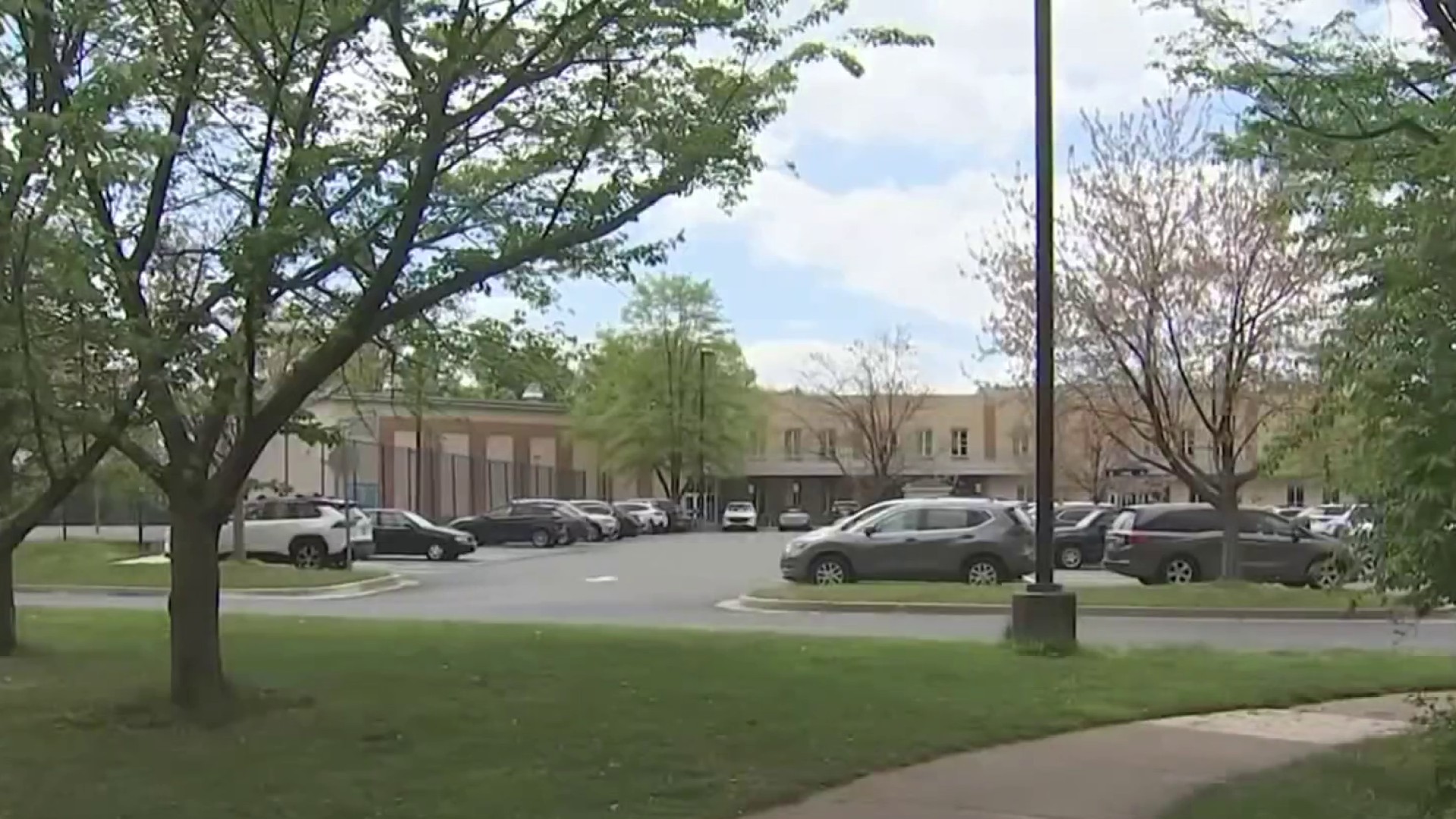Ilan Rasooly died after he tripped and fell. No one is sure he would have survived, but what happened to him in the last days of his life has a local hospital making changes.
There were no lights or sirens when Rasooly arrived at the emergency room at Adventist Hospital in October 2014.
And no compassion, according to his mother, Rebekah Rasooly.
“I hope that by talking about this intensely personal moment that we can make change,” she said.
She said it began at the University of Maryland in College Park, when her 20 year-old son was visiting friends attending college there when, “He ran backwards and he fell and hit his head.”
EMT records obtained by the News4 I-Team state Rasooly was “intoxicated.” We now know that was not true.
One of his best friends, Tani Levitt, rode with Rasooly in the ambulance and told the I-Team, from the beginning, he felt like both the rescue crew and those in the emergency department at Washington Adventist Hospital brushed off his friend as just another drunk student.
Local
Washington, D.C., Maryland and Virginia local news, events and information
“Everybody is complaining about the drunk kid,” he said. “And I tell them time and again, ‘He's not drunk. He puked not because he is drunk but because he smacked his head against the pavement.’"
“There was one nurse in particular who was incredibly obnoxious, telling him, ‘Well, this kid can't hold his liquor," Levitt said.
Medical records show two separate blood tests that night proved Rasooly was not intoxicated.
But Levitt said he grew frustrated at how staff continued to treat his friend.
"He was pleading with these people to give him a blanket," Levitt said. "They said, ‘No, no we're not going to give you a blanket. You're covered in puke.’"
"They didn't clean him up," Rebekah Rasooly said. "They didn't give him a blanket when he was shivering. When they wanted to get him into a gown, they made him take off his own shirt because he was some old drunk kid who didn't deserve any better."
She said she is haunted by how her son was treated in those last few hours of his life, especially at a time when she couldn't be by his side.
"I feel very betrayed and very let down," she said.
Dr. Linda Nordeman, who heads the emergency department at Washington Adventist, said from the moment Rasooly arrived, staff responded quickly for his head injury.
"Things were done well from a medical standpoint," she said. "I think we could have been more compassionate, and that is really important to us."
“It's our responsibility to those patients to console them, to support them, to care about them in their last moments," she said. "That's why we're there. That's our job."
Dr. Nordeman and the hospital’s president, Erick Wangsness, met with Rasooly's family after he died. Asked if he thought the hospital made real changes because of Rasooly, Wangsness said, “I hope so. I believe so."
He said the hospital ordered all emergency department staff to be retrained to improve patient communication and suspended one ER employee because of comments made to Rasooly that night.
"This was a mirror held up to us that we didn't like," Wangsness said. “There were comments made that aren't supportive of who we are."
Wangsness said he shares a video of Rasooly and his story with all new employees and hospital leadership to remind them that caring for patients doesn't always just involve medicine.
Dr. Nordeman also promised patients will get the care they need at Washington Adventist no matter what the extenuating circumstances that brought them to the emergency room. “Absolutely,” she said. “I believe so.”
Rebekah Rasooly said by the time she got to her son, he had slipped into a coma. He died six days after the accident.
She decided against filing any lawsuit, hoping instead her son's story will improve care for all future patients who end up at Washington Adventist.
"So we can make it so that even one person gets treated better by EMS, by a hospital, in their hour of need," she said. "Even one would be enough."



